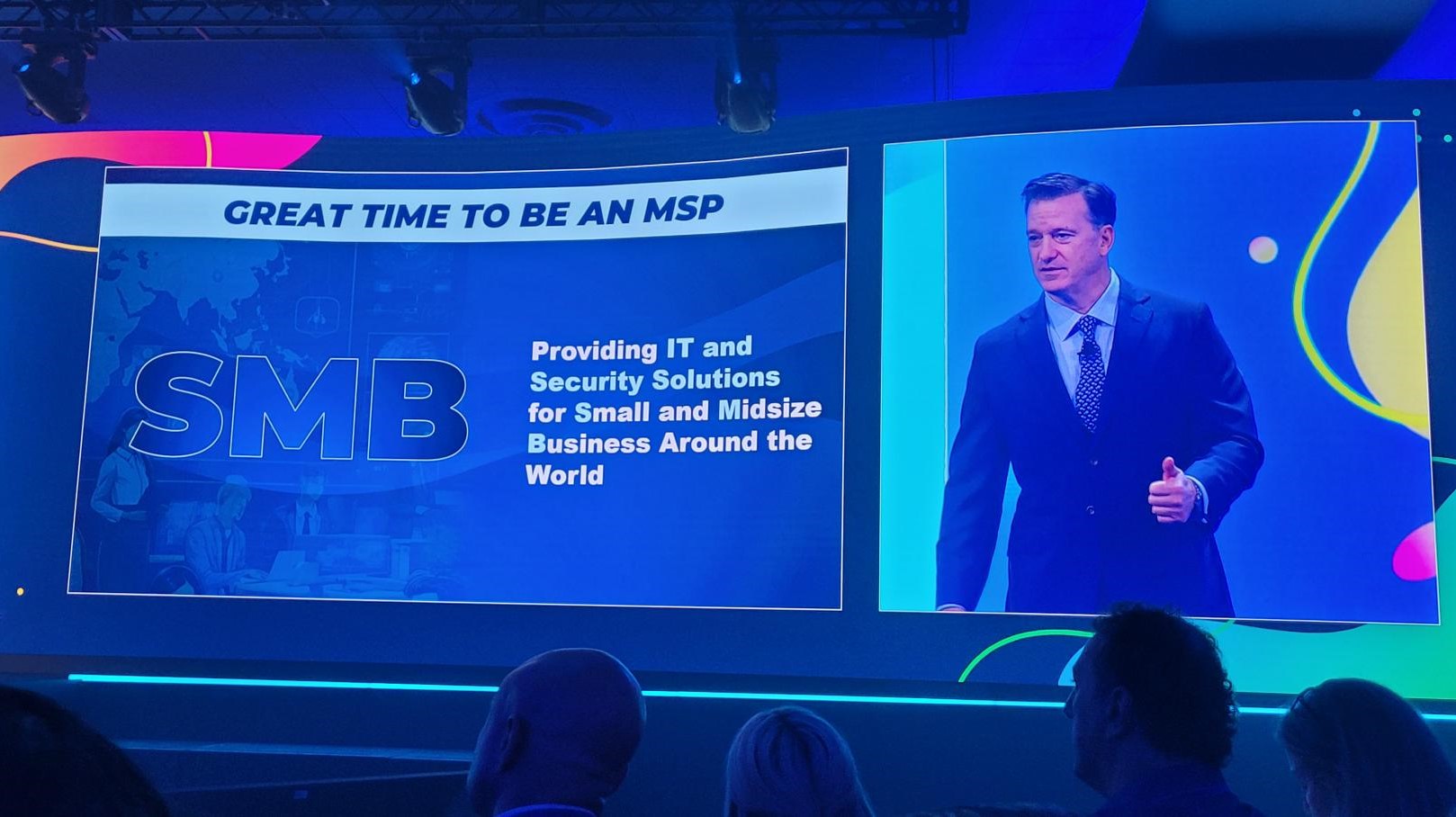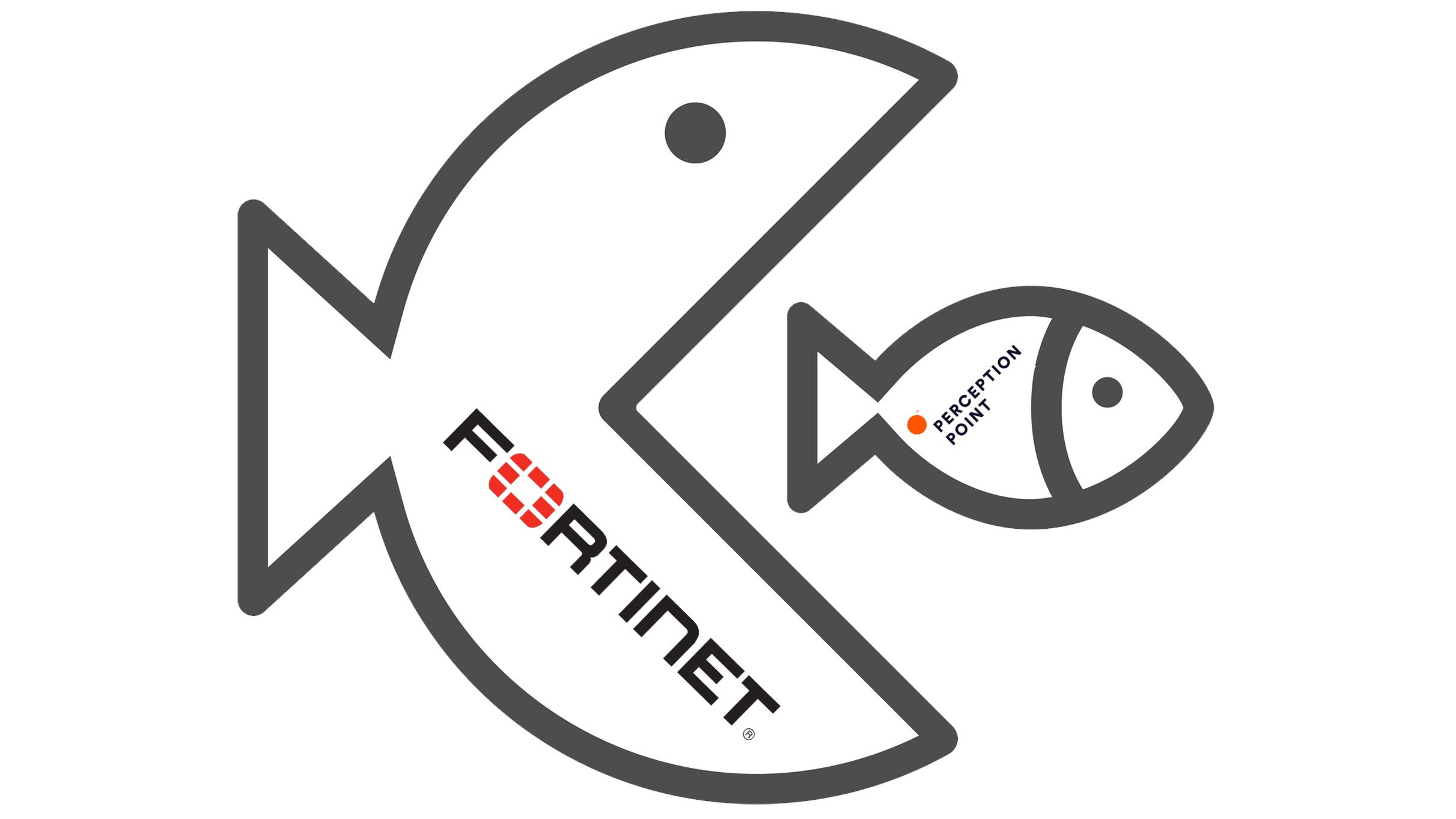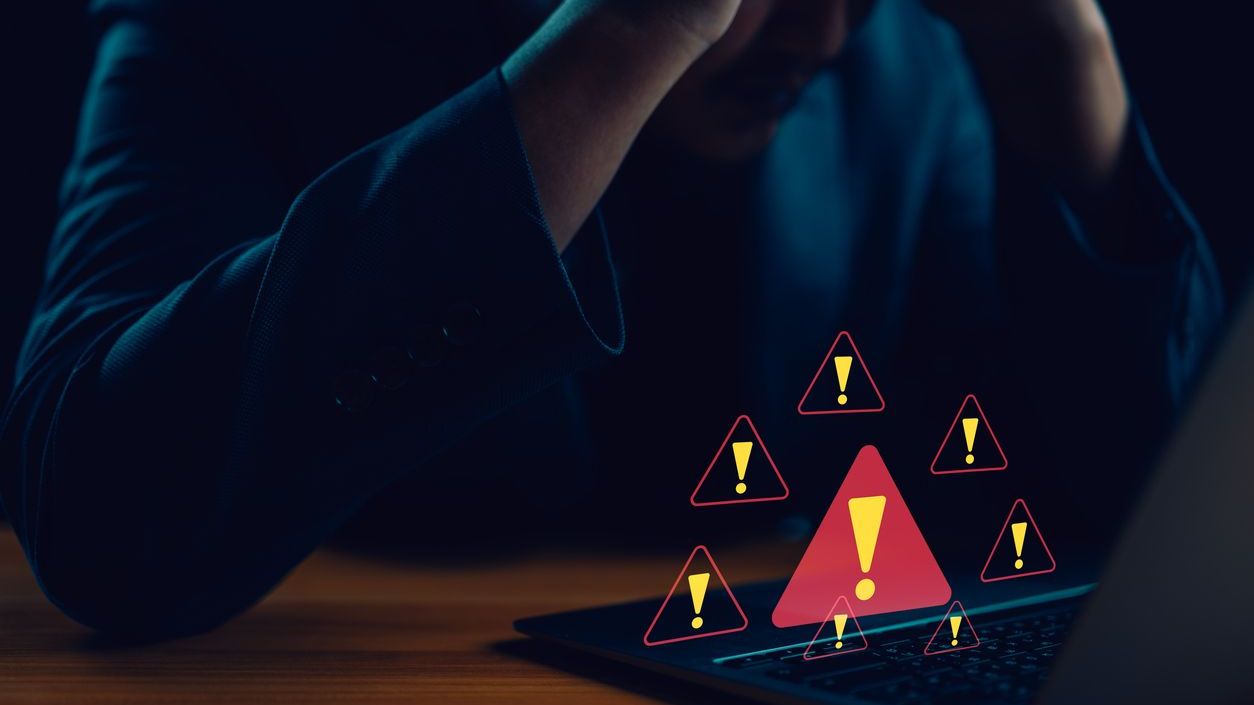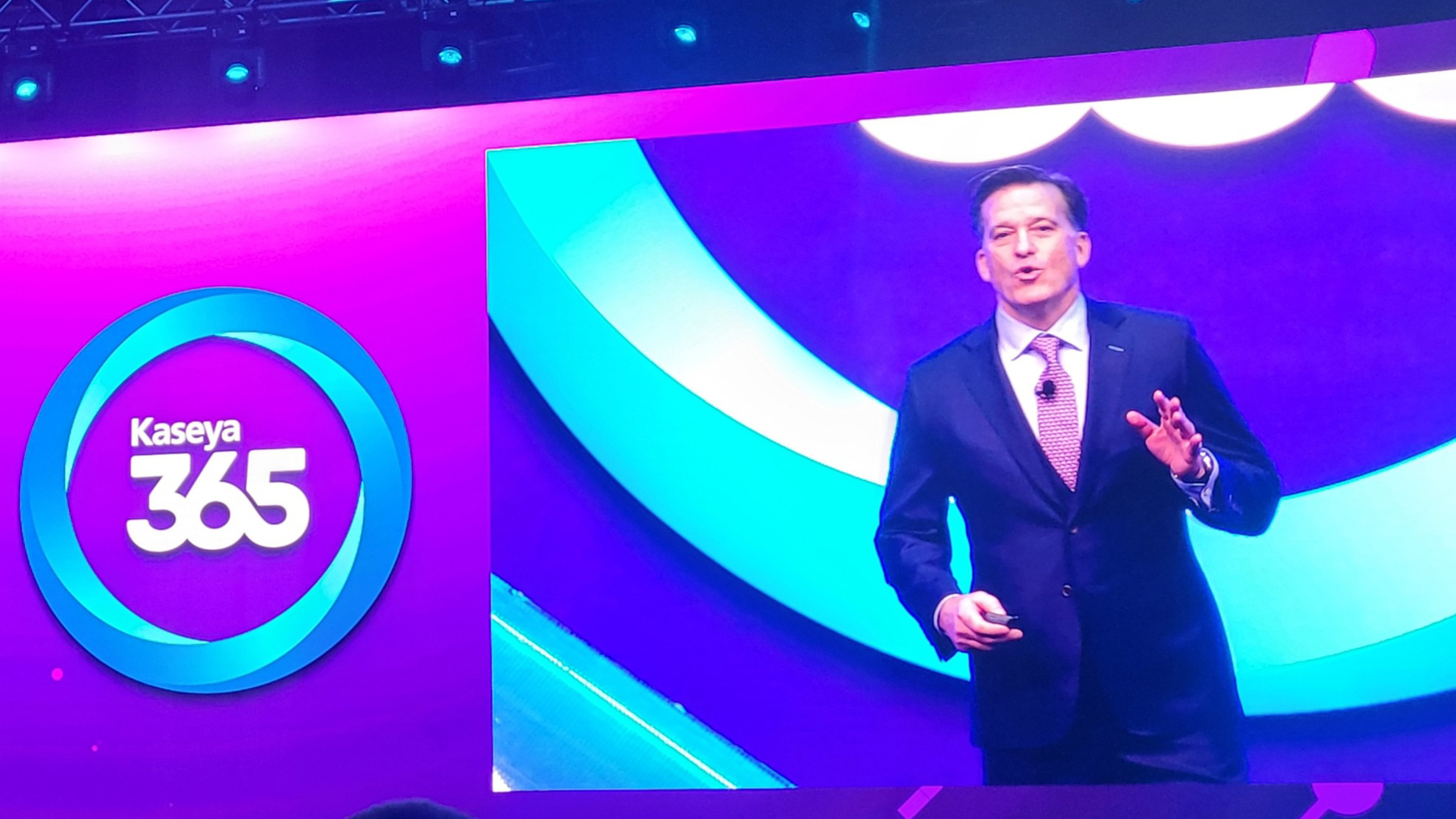Woburn, MA – May 12, 2020 — On May 12, 2017, WannaCry, the largest ransomware epidemic in history, reached its peak. With today marking the third anniversary of the event, Kaspersky shares that recent research confirms WannaCry has retained its position as one of the most prevalent ransomware families. As such, Kaspersky, together with INTERPOL, have coined this day “Anti-Ransomware Day” to urge organizations to back up their data and adopt relevant security protections so that they are better able to defend against ransomware attacks.
While ransomware is not typically the most advanced threat from a technical point of view, it allows cybercriminals to halt business operations and extort money. In fact, recent statistics highlight that organizations hit with ransomware attacks lost on average $1.46 million in 2019[1], which included costs for downtime, fines and reputational damage.
Kaspersky research found a total of 767,907 users were attacked by encryptors in 2019 with almost a third of them (30%) found in businesses. Of all the encryption families, WannaCry was still the most common, attacking 164,433 users and accounting for 21% of all detected attacks in 2019. With a significant margin, it was followed by other families such as GandCrab (11%) and Stop (4%). GandCrab is a well-known ransomware-as-a-service developed by a team of criminals and rented to the broader community and has been distributed for years. The Stop ransomware campaign is also a popular threat that is spread through compromised software and websites as well as adware.
“Since the outbreak of WannaCry, cybercriminals have diversified their attack vectors to launch ransomware attacks. Their focus and attacks have become more targeted and moved to businesses, governmental and healthcare organizations where the information is critical, so as to demand for higher ransom. Hospitals were the most vulnerable amid the COVID-19 pandemic, as those attacked have lost access to critical medical equipment and patient information. INTERPOL Global Cybercrime Programme has supported those victim organizations to recover from the attacks and prevent any further damages. Now, we are working closely with our member countries and private partners, including Kaspersky, to raise public awareness for the mitigation and prevention of cyberthreats by running a global awareness campaign during May 2020. The campaign, which encourages the public to keep good cyber hygiene and to #WashYourCyberHands, focuses on ransomware this week to support Anti-Ransomware Day,” says Craig Jones, director, INTERPOL Cybercrime Directorate.
“The WannaCry epidemic, which saw companies lose millions in revenue because of downtime or costs related to reputational damage, demonstrated what can happen if ransomware happens on such a large scale,” comments Sergey Martsynkyan, head of B2B product marketing at Kaspersky. “The threat remains relevant today, as there will be users out there who still may not know much about it and can become a victim. The good news is that the right security approach and relevant measures can make ransomware yet another non-critical threat. With that, we’d like to declare May 12 as Anti-Ransomware Day to remind businesses and users globally to more carefully consider their security measures so they are less likely to be challenged with ransomware attacks.”
To help businesses stay protected from ransomware, experts suggest that organizations should take the following anti-ransomware measures:
- Explain to employees how following simple rules can help a company avoid ransomware incidents. Dedicated training courses can help, such as the ones provided in the Kaspersky Automated Security Awareness Platform.
- Always have fresh back-up copies of your files so you can replace them in case they are lost (e.g. due to malware or a broken device) and store them not only on the physical object but also in cloud storage for greater reliability. Make sure you can quickly access them in an emergency when needed.
- It is essential to install all security updates as soon as they become available. Always update your operating system and software to eliminate recent vulnerabilities.
- Try free Kaspersky Anti-Ransomware Tool for Business. Its recently updated version contains an exploit prevention feature to prevent ransomware and other threats from exploiting vulnerabilities in software and applications. It is also helpful for customers that use Windows 7: with the end of support of Windows 7, new vulnerabilities in this system won’t be patched by the developer.
- If a corporate device is encrypted, remember that ransomware is a criminal offence. You shouldn’t pay the ransom the attacks demand. If you become a victim, report it to your local law enforcement agency. Try to find a decryptor on the internet first, some of them are available for free here: https://noransom.kaspersky.com
Additional findings on ransomware threats can found in the full report.
To learn more about the free Kaspersky Anti-Ransomware Tool for Business, and try it for yourself, please visit the dedicated product page.
Additionally, for more information about WannaCry, Kaspersky-produced documentary that looks back at how WannaCry unfolded and then suddenly stopped. It combines expert opinions and exclusive interviews with Marcus Hutchins, the man who found a killswitch in the malware’s source code.
About Kaspersky
Kaspersky is a global cybersecurity company founded in 1997. Kaspersky’s deep threat intelligence and security expertise is constantly transforming into innovative security solutions and services to protect businesses, critical infrastructure, governments and consumers around the globe. The company’s comprehensive security portfolio includes leading endpoint protection and a number of specialized security solutions and services to fight sophisticated and evolving digital threats. Over 400 million users are protected by Kaspersky technologies and we help 270,000 corporate clients protect what matters most to them. Learn more at usa.kaspersky.com.
Media Contact: Cassandra Faro
Cassandra.Faro@Kaspersky.com
781-503-1812
[1] According to Kaspersky ‘IT security economics in 2019: How businesses are losing money and saving costs amid cyberattacks’ report based on a global survey of IT business decision makers conducted in 2019.














